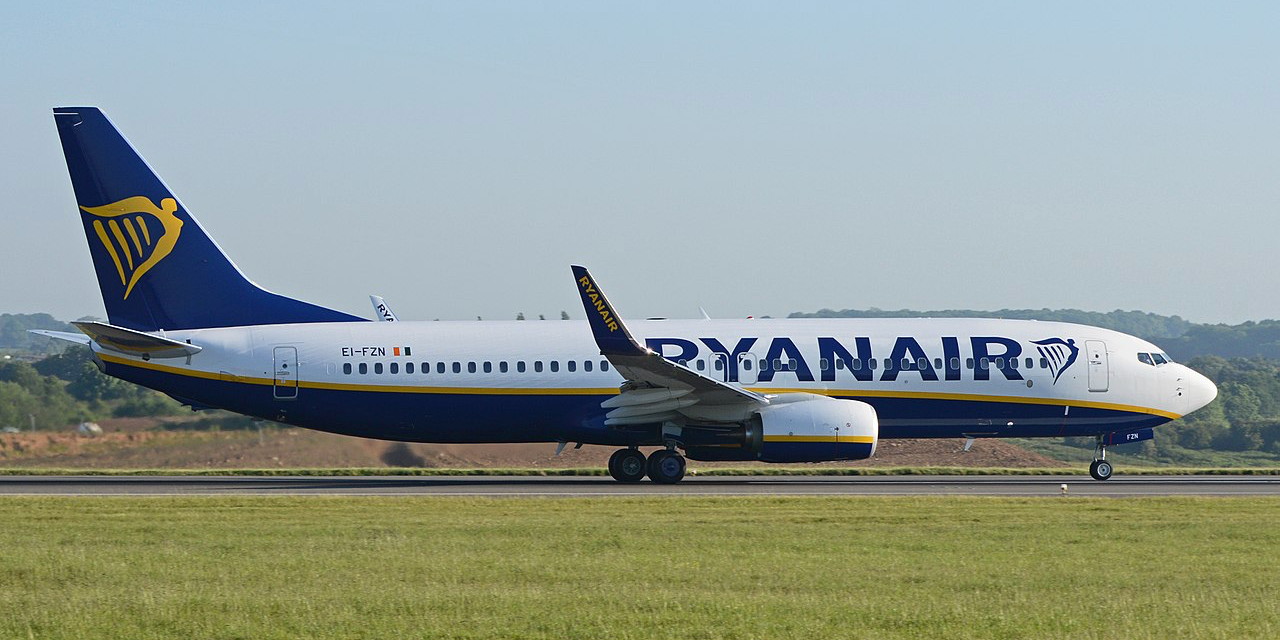Worldwide, one of the biggest threats to the aviation system are atypical employment models, such as the ones being used by Ryanair in several countries in Europe. Employers—through a variety of schemes—use atypical employment to dissolve their direct relationship with their pilots and cabin crews. These arrangements, which may include misclassifying pilots as self-employed or independent contractors, are meant to undermine the right to collectively bargain and otherwise dismantle the traditional employee-employer relationship related to pay, benefits, and working conditions. In Europe alone, approximately 15 percent of all pilots are under atypical employment contracts in which the status of all components of their job are subject to a tenuous and complicated patchwork of different countries’ laws.
The threats posed by these atypical employment models don’t stop at pilots’ pay and benefits. Due to the uncertainty of pilots’ working conditions – including the fact that some aircrew do not know who their direct employer actually is -- these models can undermine a proactive safety culture that encourages aircrew reporting of potential safety issues to the actual airline operator, whether or not the airline is the direct employer. The airlines using atypical employment to skirt labor protections don’t benefit from the proactive safety culture made possible by strong collective bargaining agreements. As a result, atypical employment models can undermine a positive, proactive safety culture.
ALPA is working hard with our international partners to ensure that all pilots are given the same protections in their contracts and working conditions so that the global aviation system operates under one level of safety. We stand with all of our brothers and sisters in aviation who continue to work toward achieving equitable pay, fair working conditions, and labor protections. Learn more about the threats from atypical employment models and what you can do to help our collective global pilot cause.
